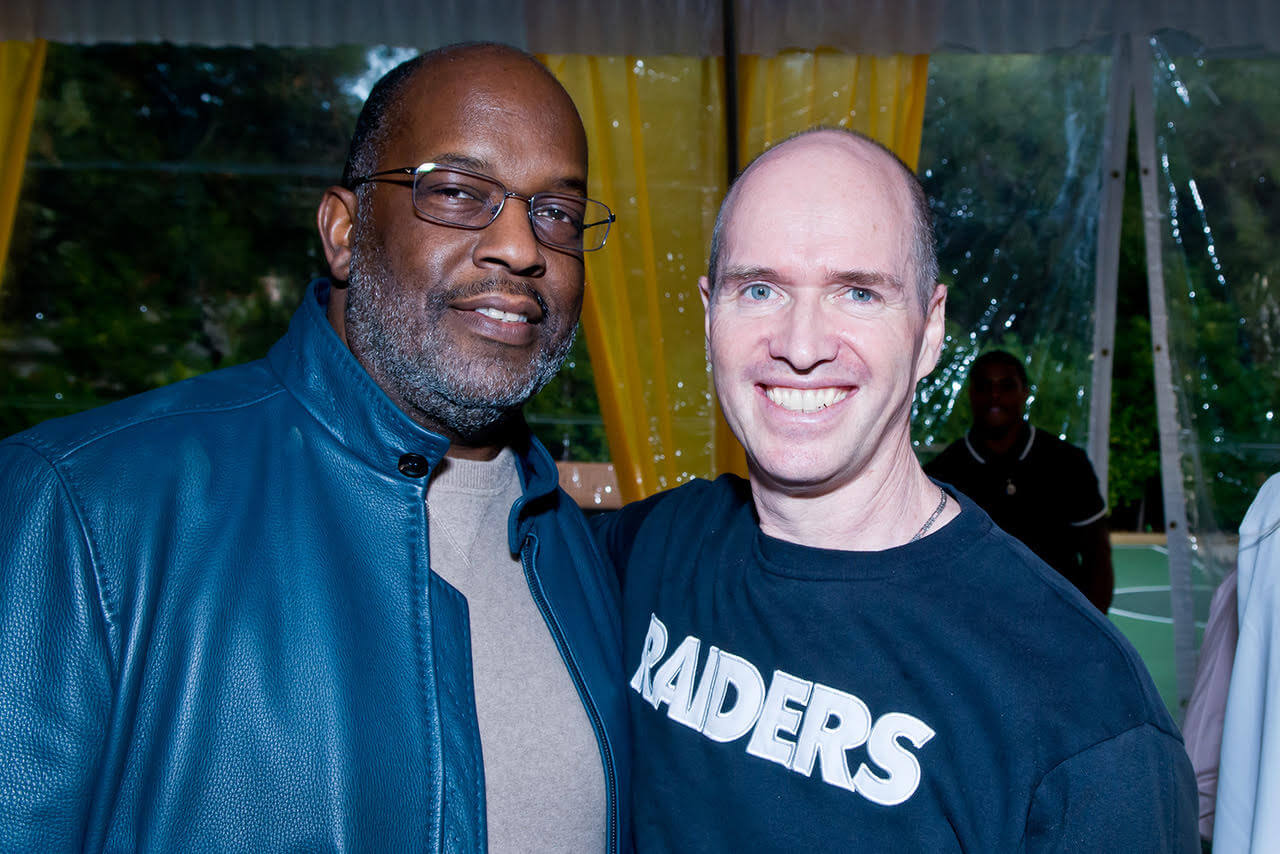
“Sometimes I’m right and I can be wrong
My own beliefs are in my song
The butcher, the banker, the drummer and then
Makes no difference what group I’m in
I am everyday people”—Sly and the Family Stone, “Everyday People“
Early Sunday morning, my dear friend Bernard J. Tyson passed away. Over a multi-decade career at Kaiser Permanente, he had risen from the ranks to become its Chief Executive Officer in 2012. Under Bernard’s leadership, Kaiser Permanente went from being the low cost leader in healthcare to simply the leader. As the industry leader, Bernard pushed healthcare forward in many important directions, including making mental health a first class, fully covered condition.
My mentor Ken Coleman always called Bernard “the real deal.” Ken is understated by nature, but that tagline meant a lot. It meant that Bernard was not only a world class Chief Executive delivering best-in-class results, but more importantly that there was never anything false or misleading about the man. In any situation from the White House to the backyard, you always got authentic Bernard Tyson.
As Bernard’s friend, I used to take great delight in letting unsuspecting people in on a little secret: Bernard’s cousin was Sly Stone of Sly and the Family Stone. When I’d tell people this, the reaction was always complete shock: “What? This super powerful executive is related to Sly Stone, the wild and crazy funk musician from the 70s? What?!? That’s impossible!” I’d say: “Not just related, they grew up together.” Nobody could believe it, but it made perfect sense to me.
It made perfect sense not because Bernard was a great drummer and a pretty decent singer as well; it went much deeper than that. You see, Sly Stone had a gift for writing seemingly simple songs that conveyed extremely complex concepts. Perhaps none more so than his smash hit Everyday People. And nobody I’ve ever met understood and manifested those concepts quite like Bernard. It was as though he and Sly were connected on some metaphysical level.
To illustrate this concept, let me share a story about a yacht race. One day, he called me up and asked me if I wanted to go see the America’s Cup in San Francisco with him. I said: “Bernard, I’m not really into yacht racing. I am more of a boxing fan.” He said: “No man, I want you to see what we’re doing for the community.” Bernard always emphasized how important it was that Kaiser bring along the community in whatever it did, so if there was going to be an important event in the area, Kaiser Permanente would be there. True to form, they had set up an amazing pop-up hospital to make sure that the best emergency care was available for the event. But that’s not what I really got out of that day.
When Bernard and I walked into the makeshift emergency room, I expected people to react to him. When you are CEO of a 217,000-person organization, people who work there notice when you enter the room. I had been in many rooms with many big executives and knew how it worked — some whispering, some pointing, some sucking up, and the like. But this was totally different. When Bernard walked in, people’s faces lit up. They did not look like they were seeing their CEO, they looked like they were seeing a loved family member for the first time in months. I have never seen anything like it before or since. I could not understand the reaction. Then I realized that they were seeing him this way, because of the way he was seeing them.
The most powerful healthcare executive in the world was miraculously everyday people.
Perhaps I should have known, because the thing that made our friendship so special to me was the degree to which he knew me and saw me. Maybe that’s why I am missing him so terribly. I love you, Bernard, and can never forget you.


